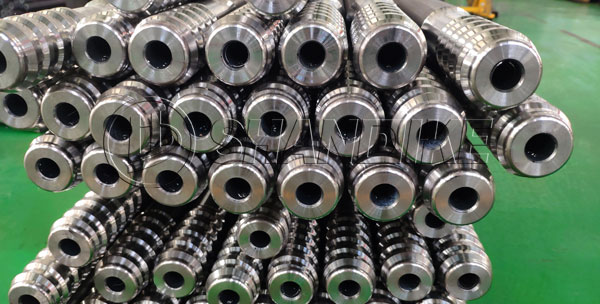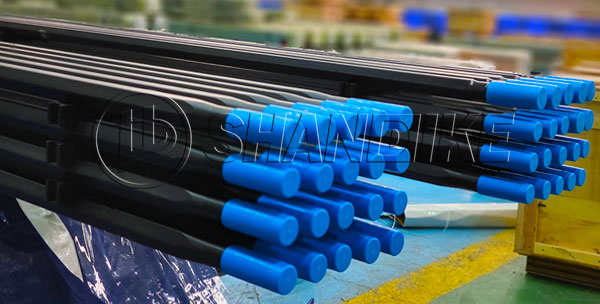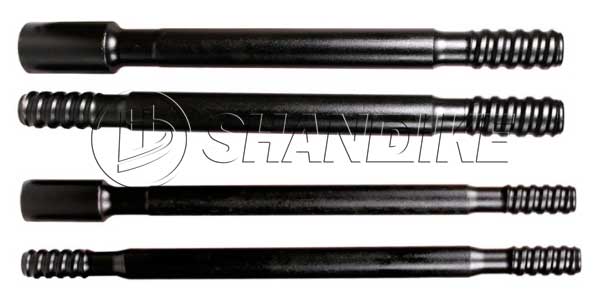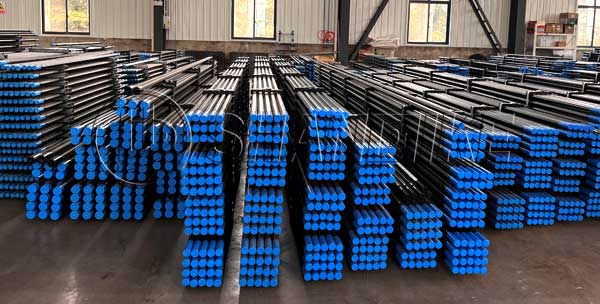How to select the appropriate DTH drill bit?
Choosing the appropriate DTH (Down-The-Hole) drill bit involves considering multiple factors to ensure optimal performance and the longest lifespan for the specific application. Here are some key steps and considerations in selecting the right DTH drill bit:
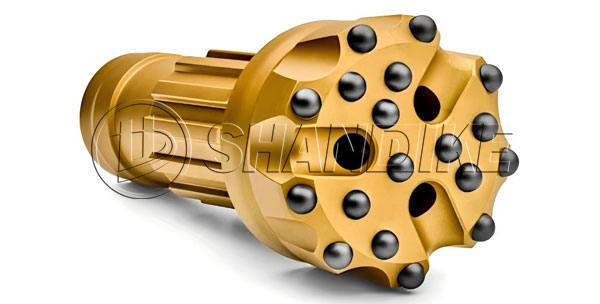
- Application and Operating Conditions Analysis:
- Application Area: Determine whether the drill bit will be used for mining, geological exploration, or oil drilling.
- Rock Type and Hardness: Different rock types and hardness levels affect drill bit selection. Hard alloy drill bits are suitable for hard rock, while soft rock might require different types of drill bits.
- Drill Bit Type and Design:
- Type of Drill Bit: DTH drill bits come in various types, including percussion drill bits and rotary drill bits. Choose the appropriate type based on the specific application.
- Drill Bit Design: Consider design parameters of the drill bit such as geometry, cutting angle, and helix angle, as these will affect the cutting efficiency and chip removal capability.
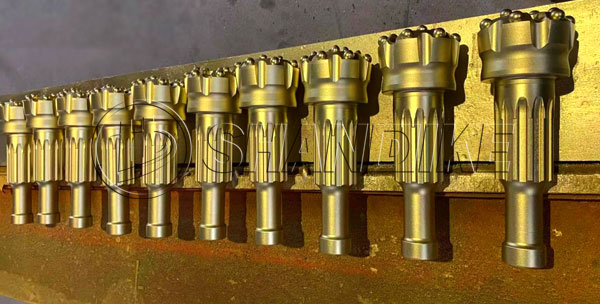
- Material Selection:
- Hard Alloy: Hard alloy drill bits are typically used for hard rock drilling. Selecting high-quality hard alloy materials can improve the wear resistance and service life of the drill bit.
- Coating Technologies: Some drill bits have surface coatings, such as titanium alloy coatings, to increase hardness and wear resistance.
- Drill Bit Size and Specifications:
- Diameter Selection: Choose the appropriate drill bit diameter based on the required hole size.
- Length Selection: Consider the total length and effective cutting length of the drill bit to ensure it can reach the desired drilling depth.
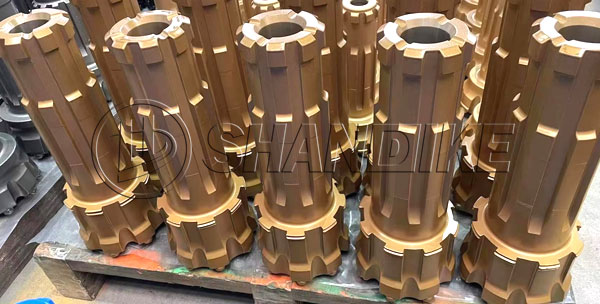
- Technical Parameters and Performance Indicators:
- Cutting Efficiency: Select drill bits with high cutting efficiency to complete drilling tasks in less time.
- Durability and Lifespan: Choose drill bits with high durability and long lifespan to reduce replacement frequency and operational costs.
- Brand and Quality Certification:
- Well-known Brands: Choose drill bits from well-known brands and those that have undergone quality certification to ensure their performance and reliability.
- User Reviews and Reputation: Refer to reviews and reputation from other users to help you make more informed decisions.
- Price and Cost-Effectiveness:
- Cost Analysis: Consider the procurement cost and operating cost of the drill bit, selecting products with good cost-performance ratios.
- After-sales Service and Support: Ensure the supplier provides good after-sales service and technical support so that any issues during use can be resolved promptly.
- Adaptability and Compatibility:
- Equipment Compatibility: Ensure the selected drill bit is compatible with existing drilling equipment to avoid additional costs and delays due to incompatibility.
- Operating Conditions: Take into account the on-site operating conditions, such as temperature and humidity, and select drill bits that can adapt to these conditions.
By comprehensively considering these factors, you can select the most suitable DTH drill bit to enhance drilling efficiency and reduce costs.
If you need to purchase DTH drill bits, please choose Shandike company, the quality and price are both suitable
